Inside the Night When Indian Cinema Got Its Biggest Applause
When President Droupadi Murmu took the stage at Vigyan Bhawan on September 23, 2025, the room crackled with a mix of nerves and excitement. The 71st National Film Awards were not just about trophies; they were a mirror of stories that touched us in 2023, from gritty biopics to full‑blown commercial entertainers. As the lights dimmed and the first name was called, you could feel the collective heartbeat of a nation that lives and breathes its movies.
Why does a ceremony like this matter beyond the glitz? For many filmmakers, it’s a validation that their work resonated beyond box‑office numbers. For families, it’s a moment of pride that often hasn’t been publicized. That dual layer of meaning set the tone for an evening where every acceptance speech felt like a personal diary entry.
Among the first to step up was Meghna Gulzar, who took home the Best Feature Film Promoting National, Social and Environmental Values for "Sam Bahadur." Instead of a rehearsed thank‑you, she paused, eyes glistening, and said the award meant everything for her parents. "They raised me on stories of sacrifice and service; this feels like a tribute to them," she whispered. The crowd erupted, not just for the accolade, but for the raw honesty that reminded us how deeply family roots run in our creative journeys.
Shah Rukh Khan, the king of Bollywood, shared the Best Actor award with Vikrant Massey. When his name echoed through the hall, you could see a man who’d been through countless highs and lows, and yet, this win still hit a soft spot. He stood, hands slightly trembling, and spoke about gratitude to his crew, his fans, and the simple joy of being part of a story that sparked conversation. "Every role is a lesson," he said, his voice cracking at the end, proving that even megastars feel the weight of the moment.
Vikrant Massey, whose understated performance in "12th Fail" earned him the same award, gave a quick but heartfelt nod to the film’s writers. "We told a story of an underdog struggling with the system, and seeing it recognized tells me that honest cinema still matters," he remarked, highlighting a growing appetite for narratives that reflect everyday challenges.
Rani Mukerji’s acceptance of the Best Actress award for "Mrs. Chatterjee vs Norway" turned into a passionate advocacy session. She described how the film tackled the painful reality of a mother fighting a foreign legal system for her child. "Stories that make people think are the ones that stay with us," she said, urging the industry to keep pushing boundaries and shedding light on social issues.
The ceremony reached a poignant high when legendary actor Mohanlal received the Dadasaheb Phalke Award, the highest honor in Indian cinema. Known for his versatility across Malayalam, Tamil, and Hindi films, Mohanlal’s eyes welled up as he recounted his journey from a small-town theater weaver to a global icon. "I stand here because countless unseen hands lifted me," he said, reminding everyone that cinema is a collaborative craft.
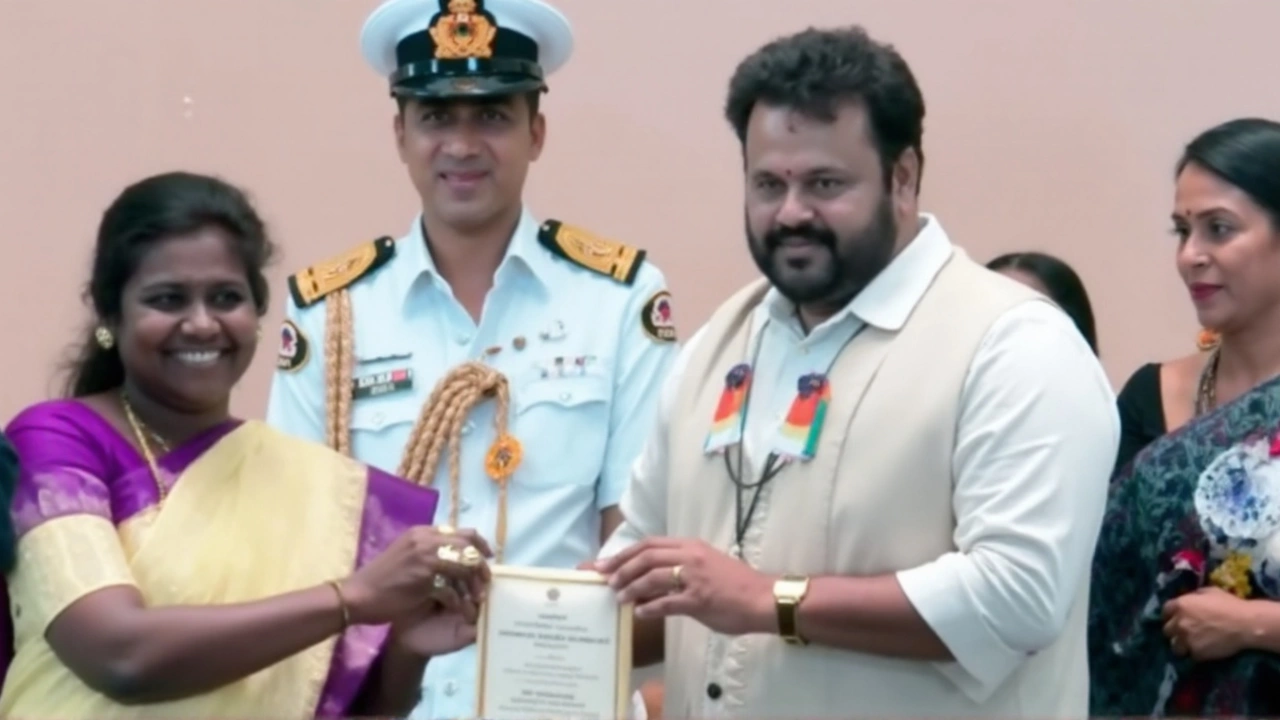
What the Winners Said About Their Craft and the Future of Indian Cinema
Karan Johar, the director‑producer behind "Rocky Aur Rani Kii Prem Kahaani," accepted the Best Popular Film Providing Wholesome Entertainment award with a grin. He talked about balancing mass appeal with meaningful messages, noting that the film’s box‑office success proved audiences crave both fun and depth. "If we can make people laugh and think at the same time, we’ve done something right," he said.
Shilpa Rao’s win for Best Female Playback Singer was a reminder of how music still fuels the emotional engine of Indian movies. Her soulful rendition in "Jawan" became a chart‑topper, and she credited the song’s lyricist and composer for crafting a piece that let her voice soar. "Music is the soul of a film," she said, and the applause that followed felt like a collective nod to that truth.
When Sudipto Sen took the Best Director award for "The Kerala Story," he didn’t shy away from the controversy the film sparked. He acknowledged the responsibility that comes with telling stories that stir public debate, stating, "Cinema can’t be a silent observer; it must challenge, provoke, and sometimes even offend."
Vaibhavi Merchant’s choreography in "Rocky Aur Rani Kii Prem Kahaani" earned her the Best Choreography award. Her speech highlighted how dance remains a cultural bridge, connecting generations and regions. "Every step we shoot carries a piece of India’s rhythm," she said, and the audience responded with a standing ovation.
The night also shone a spotlight on regional cinema, with awards flowing to Tamil, Malayalam, Bengali, and other language films. From a low‑budget Marathi drama that won Best Screenplay to a vibrant Punjabi comedy that snagged Best Supporting Actor, the diversity underscored how Indian storytelling is no longer confined to a single language or style.
What struck me most was the recurring theme of family and community. Whether it was Meghna Gulzar mentioning her parents, Mohanlal thanking his mentors, or Vikrant Massey acknowledging his crew, each winner seemed to view their personal network as the real backbone of their success. It makes you wonder: are we, as a society, finally recognizing that cinema is as much about the people behind the camera as the faces on screen?
Beyond the trophies, there was a palpable sense that the winners see these honors as a promise—a promise to keep pushing boundaries, to tell stories that matter, and to stay grounded in the realities of their audiences. The awards didn’t just mark the end of a year; they lit a fire for the next wave of creators eager to make films that resonate on both emotional and intellectual levels.
One cannot ignore the role of President Murmu, whose dignified presence added gravitas to each moment. Her brief remarks about the power of cinema to unify a diverse nation set the tone for a night that was as much about cultural pride as it was about individual achievement.
As the curtains fell and the lights dimmed, the echo of applause lingered, reminding us that the stories we tell are reflections of who we are. The 71st National Film Awards proved that even in an era of streaming and digital disruption, traditional accolades still hold a special place in the hearts of artists, families, and fans alike.
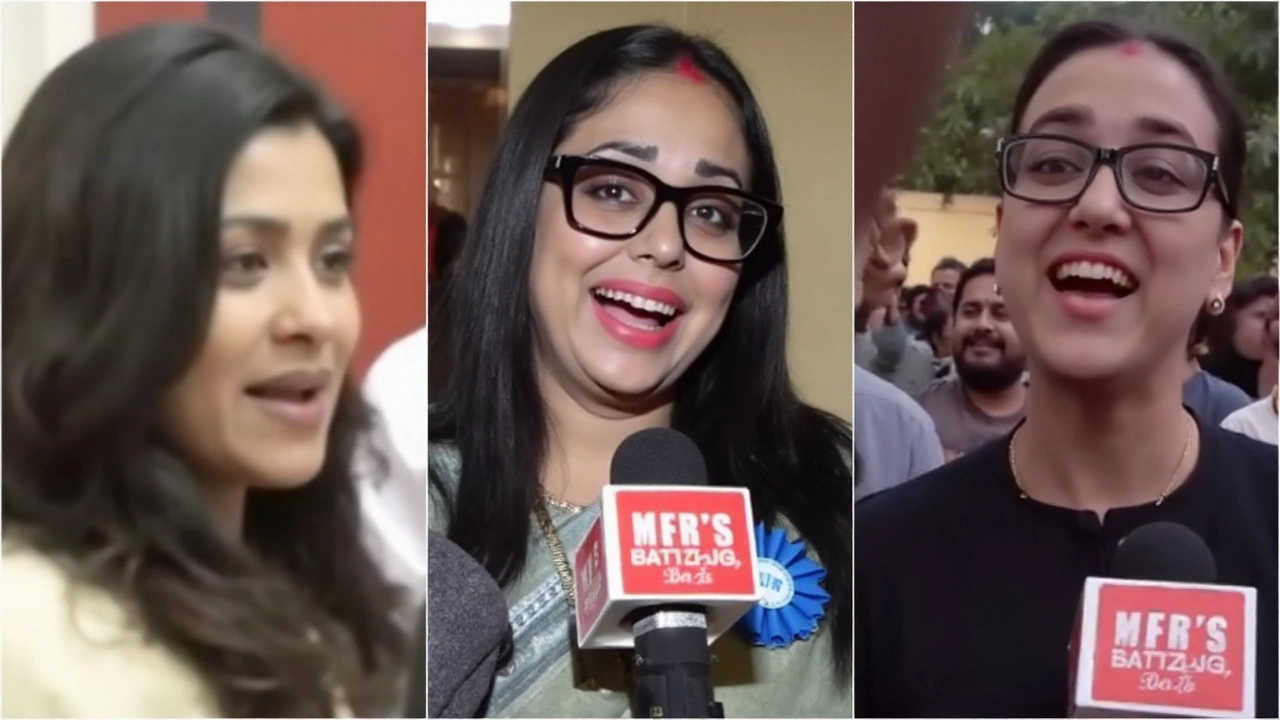

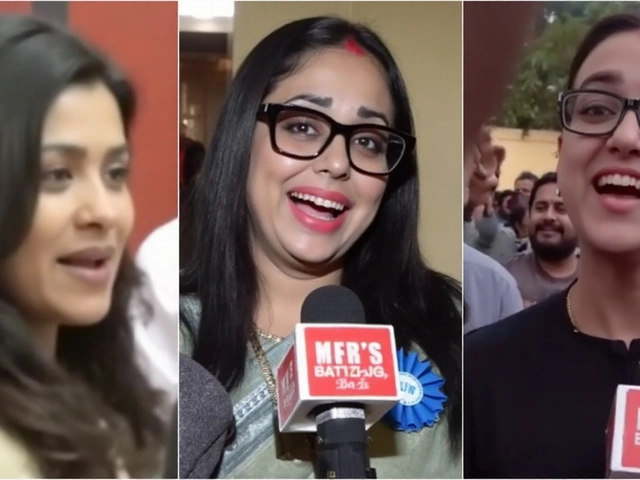
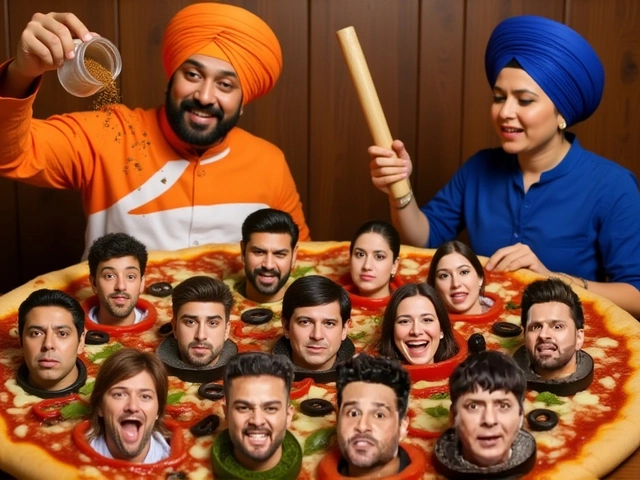

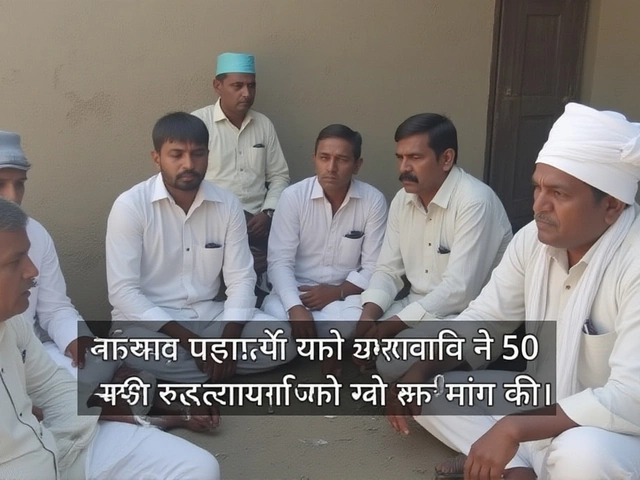
Post A Comment